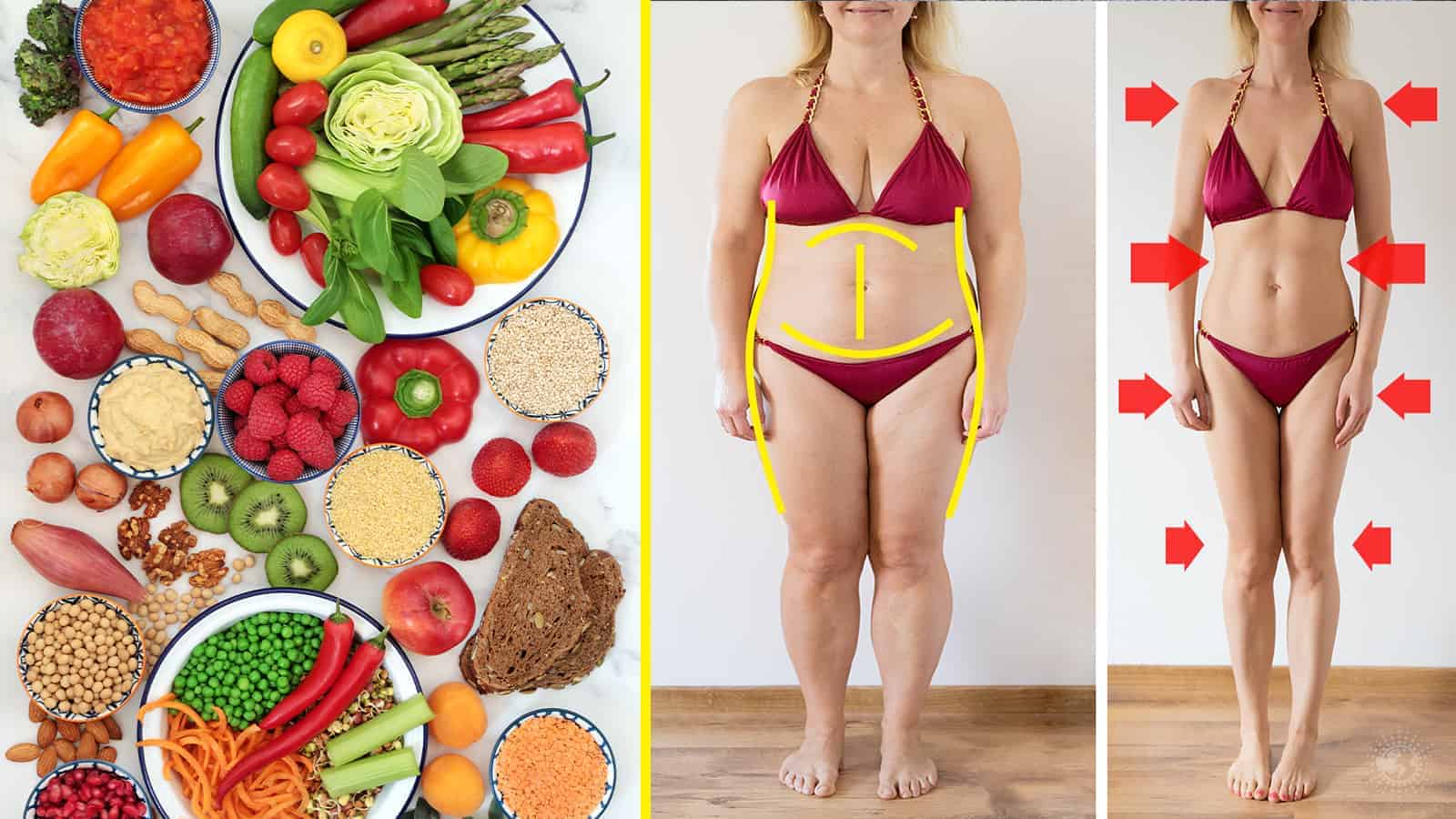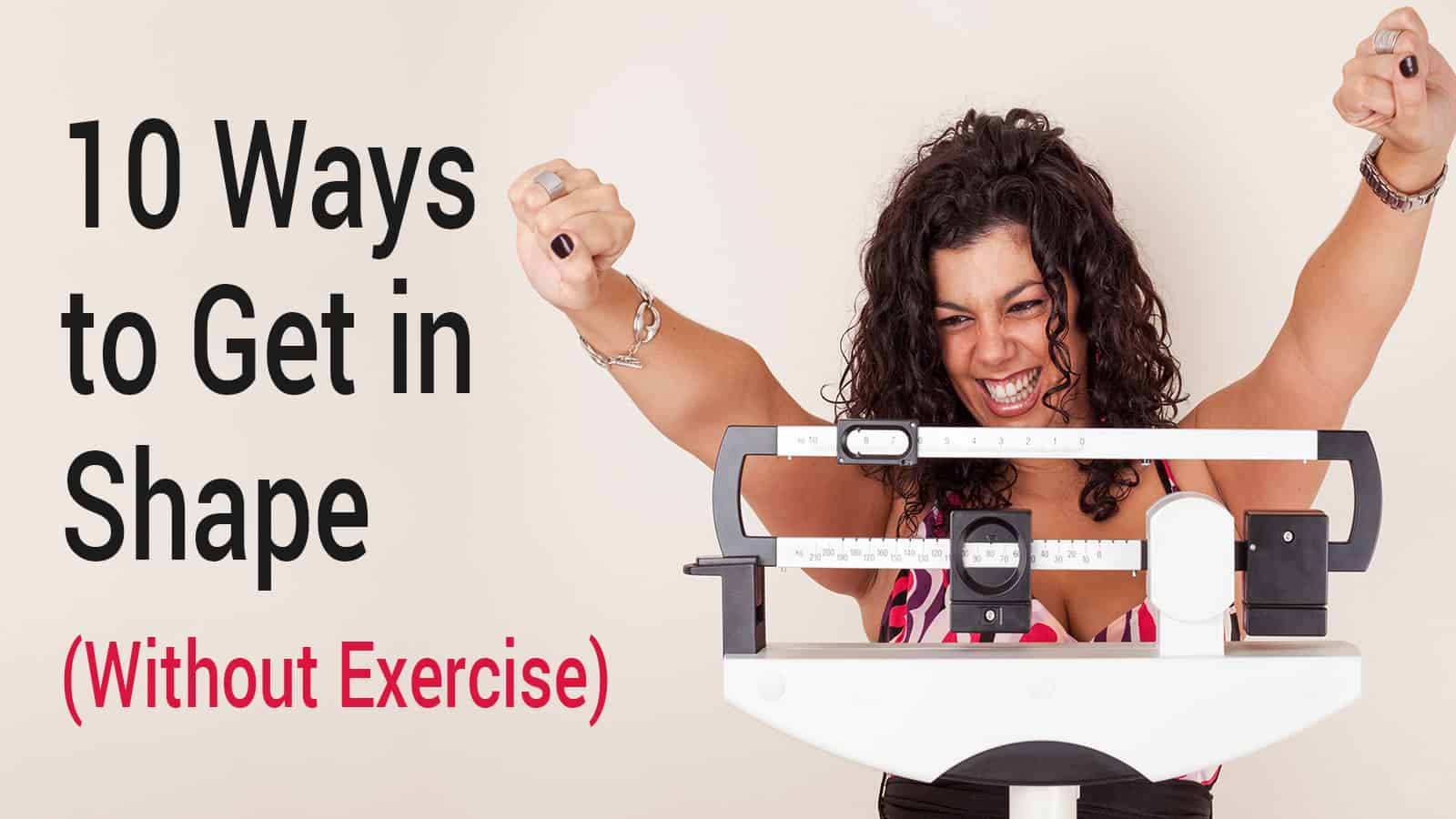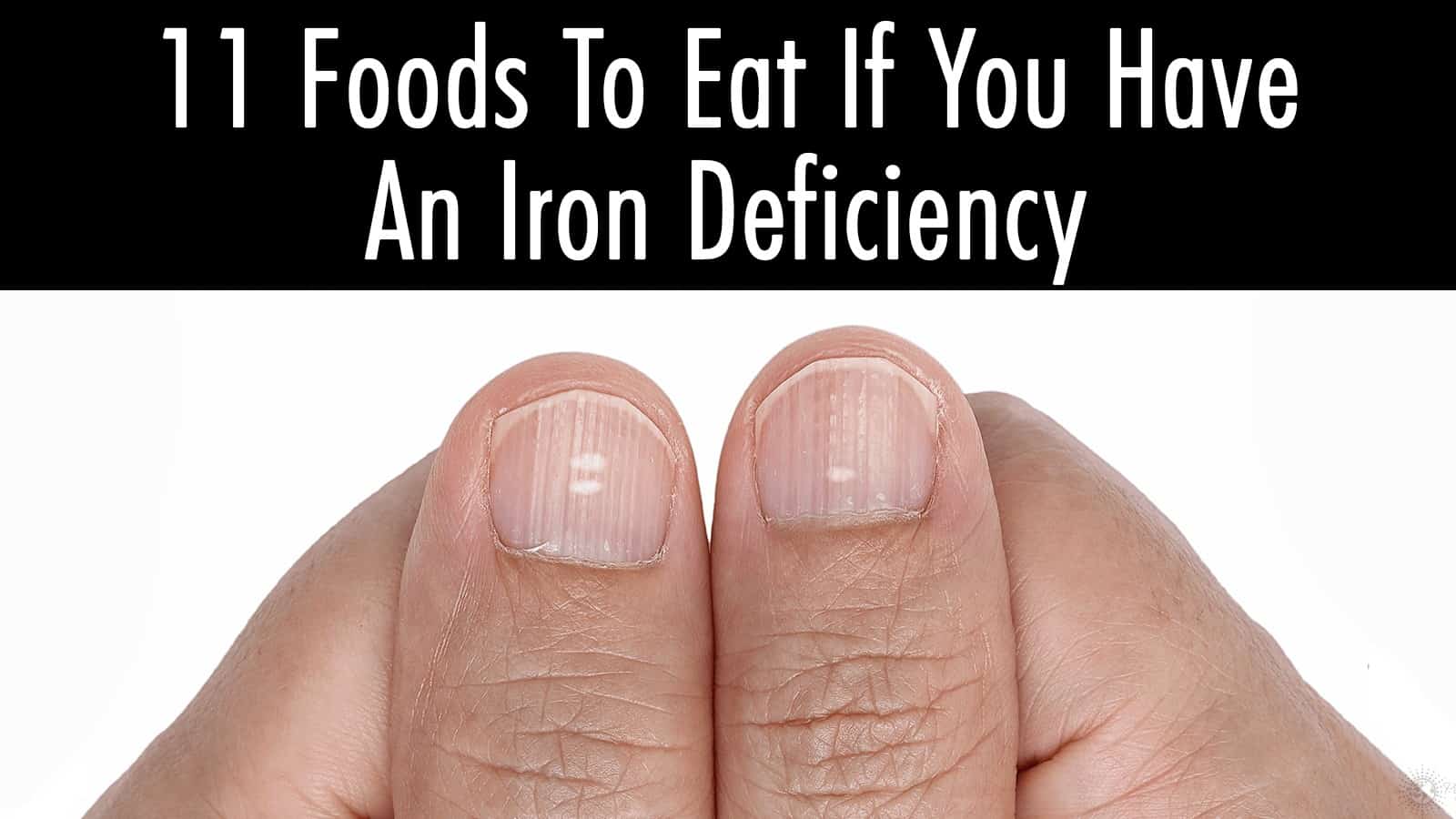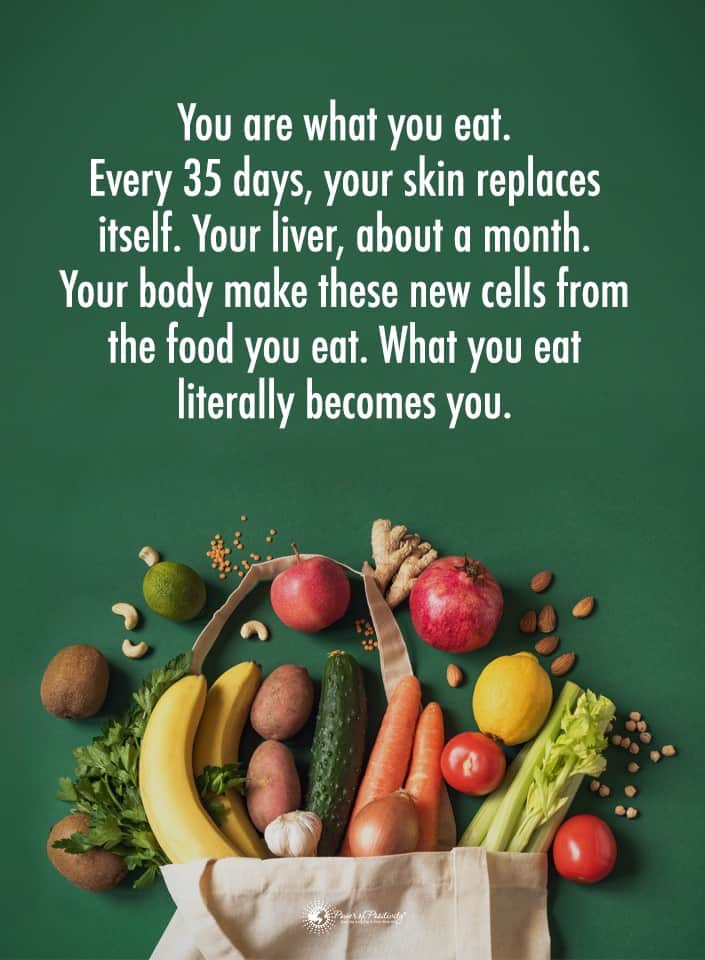A plant-based diet incorporates veggies, fruits, whole grains, legumes, nuts, and seeds. Many health experts emphasize that eating a plant-heavy diet enhances weight loss, and reduces your risk for heart disease, diabetes, and high blood pressure. You may wonder it is so healthy to go meatless.
Let’s look at the reasons that many people embrace this lifestyle.
What’s the difference between a vegan diet and a plant-based diet?
Vegan and plant-based diets are similar but differ on a couple of points. A vegan diet removes all animal products. Simultaneously, a plant-based diet focuses on eating plants but doesn’t remove all animal products. Many people who eat a plant-heavy diet still occasionally eat meat or dairy.
Rules of the plant-based diet
The basic principles behind eating a plant-heavy diet include
- Eat non-processed foods
- Restrict eating of animal products
- Eat primarily veggies, fruits, whole grains, beans, seeds, and nuts
- Avoid white flour, sugar, and processed oils. Harmful chemicals are used during the processing of these oils. While the oil is extracted from the seeds, oxidation occurs, which turns into trans fats.
- Try to eat organic foods and eat locally grown foods as much as possible.
What you can eat on a plant-based diet
A meatless diet has a wide assortment of foods to eat. It’s not a limited diet. You won’t feel like you’re deprived or hungry. Eat these foods for meals and snacks.
- Vegetables: Leafy greens like lettuce, kale, and spinach. Corn, avocados, peppers, tomatoes, and squash.
- Fruits: Apples, strawberries, bananas, grapes, citrus fruits like lemons, oranges, clementines, and limes.
- Root veggies: Potatoes, carrots, beets, and sweet potatoes.
- Legumes: All beans like pinto, black, or kidney. Lentils are good, too.
- Whole grains: Oats, quinoa, brown rice, millet, or barley. Popcorn is a great whole-grain snack.
Grill, roast, or saute. Avoid frying if possible since it includes heavy cooking oils. If you choose to fry your food, use olive oil or coconut oil.
Are there different types of plant-based diets?
Eating vegetarian doesn’t mean you don’t eat meat. There are many types of vegetarians, and each one has specific foods that are allowed. Here are the main vegetarian diets.
- Vegan diet: On this diet, no animal products are eaten. No beef, poultry, fish, eggs, or dairy. Also, no gelatin or honey. Some vegans also refuse to wear clothing such as silk, leather, or wool.
- Lacto-vegetarian diet: No beef, poultry, fish, or eggs. It’s okay to have milk, cheese, and yogurt.
- Ovo vegetarian diet: No beef, poultry, fish, or dairy products, but eggs are okay to eat.
- Lacto-Ovo vegetarian diet: No beef, poultry, or fish. Dairy products and eggs are okay.
- Pescetarian diet: Some people suggest that the pescetarian diet isn’t truly vegetarian, but because this diet includes many plants, others say it fits into the vegetarian definition. This diet prohibits beef, poultry, and other meats. This diet does allow fish and shellfish.
- Flexitarian diet: This diet includes fruits, vegetables, legumes, whole grains, nuts, and seeds. It does allow meat on an occasional basis.
Benefits of eating a plant-heavy diet
You may be surprised at the many benefits of eating a meatless diet. Because plants, vegetables, whole grains, and seeds are packed with nutrition, it makes sense. Here’s a list of the reasons why you should consider eating a plant-based diet.
1 – A plant-based diet can lower your blood pressure
If you have high blood pressure, you are at risk for stroke and heart disease, which are the two major causes of death of adults in the United States. Millions of adults struggle to reduce their blood pressure and keep it under control. Studies found that a diet of low saturated fat and a high amount of vegetable fiber like a plant dense diet reduces both lower systolic and diastolic blood pressure. A healthy plant-heavy diet is a natural way to lower blood pressure and prevent high blood pressure.
2 – It makes it easier to control your weight
Eating a dense plant helps you lose weight and keep it off. Plant diets are high in fiber, so you feel full without eating all the calories. You can easily consume 25 to 30 grams of fiber daily, which is the American Heart Association’s recommendation for adults.
But be careful. It’s easy to lose track of how much oil you eat in salads, sauces, or drizzling. A cup of olive oil packs a whopping 2,000 calories, but one cup of brown rice is just 130 calories. Find creative ways to make your dressings and saute without oils.
3 – A plant-based diet often means better heart health
Animal products are a high source of fat in the US diet. Eating a diet high in fat puts you at risk for heart disease and associated heart problems. Plants-based diets, studies found, are connected with a lower risk of heart disease and improvement for those who have heart disease.
A meat-free diet reduces your risk of heart disease by as much as 40%. Switching to a plant-rich diet could be the difference between a healthy life free of heart disease or one plagued with heart problems.
4 – Prevents you from getting type2 diabetes
Insulin is a hormone found in your body. It controls your growth, but insulin can increase adults’ to diseases such as type 2 diabetes when out of control. Type 2 diabetes means your body doesn’t produce enough insulin or is insulin resistant. You may feel thirsty all the time or need to urinate a lot. Fatigue and blurred vision are other symptoms of type 2 diabetes.
Type2 diabetes is on the rise worldwide. A sedentary lifestyle, consuming meat and other animal fats, refined grains, and sugary foods all add to these rising rates of type 2 diabetes.
Studies suggest that lifestyle changes, especially in your diet, can prevent and even reverse type 2 diabetes. When you’re on a meatless diet, it’s easier to control your existing type 2 diabetes.
5 – You’ll live longer
When plants are part of your primary diet, you can live longer. Studies found that vegetarians, or primarily meatless participants, increase longevity. This is because consuming plants in your diet puts you at less risk for life-threatening diseases and being overweight, contributing to most deaths in the U.S.
Choosing high-quality fruits and vegetables, especially organic, is essential to avoid exposure to pesticides and other chemicals. If you purchase non-organic foods, wash them properly to remove dirt and toxins.
6 – Decrease your chances of cancer
Eating a diet of red meat and processed meats increases your risk of cancer, but a plant-rich diet decreases your risk of some cancers. Researchers suggest that not all types of cancer are affected by your diet, but eating lots of red meat is known to cause esophageal, lung, pancreatic, prostate, and endometrial cancers.
7 – A meatless diet can reduce your arthritis pain
Inflammation of arthritis can be debilitating. Inflammation also links to heart problems and certain types of cancers. Plants contain carotenoids, flavonoids, and phytonutrients, which reduce the free radicals that cause DNA damage in our bodies.
This damage results in susceptibility to disease and inflammation. Try eating a meatless diet for one month to see if it reduces the inflammation. You may be surprised at how good you feel.
8 – Lowers your cholesterol
In general, animal products are high in saturated fats. Animal products have saturated fats. These meats are high in saturated fats.
- Beef
- Pork
- Lamb
- Pork
- Beef fat
- Poultry with skin
- Butter
- Cheeses
- Cream
- Milk
- Other dairy products
Saturated fats increase your cholesterol, making you at risk of all types of diseases. Plant diets are low in saturated fats and lack cholesterol. These plant fats are found in
- Nuts
- Avocados
- Seeds
- Olives
- Sunflower oils
- Soybean oil
- Olive oil
- Safflower oils
Plants fasts have a higher amount of monounsaturated and polyunsaturated fatty acids.
Plants are also high in soluble fiber, which lowers your cholesterol. Plant-dense diets improve your overall heart health.
Researchers also found that when people with a heart attack begin eating a plant-based diet, it reverses coronary artery disease and lowers their chances of a second heart attack.
9 – A plant-based diet protects your brain
Your brain is a major organ in your body, so its health and function are a priority. Eating a plant-based diet enhances your brain’s health by reducing high cholesterol that clogs arteries, limiting your brain’s blood flow.
Plants are also high in vitamins and minerals that protect your brain. Researchers also suggest that high fiber plant diets improve your gut health. The brain-to-gut connection is something researchers are learning about, but they know that a healthy gut results in a healthy brain.
To enhance your best brain health, add a vitamin B12 supplement to your plant-rich diet. This is the only vitamin that can’t be found in plants, so it’s important to add it to your overall diet unless you add a bit of meat.
10 – Easier on your budget
Food costs in the United States continue to rise. Typically, meat products cost the most. When you switch to a plant-based diet, your food costs will drop immediately. Fruits and veggies cost less at the grocery store than meats. You can also purchase or grow them at a farmer’s market in your backyard.
Canned beans, rice, and other whole grains like oatmeal and popcorn are low-cost healthy foods. When you change to a meatless diet, you find you’re spending less on food. If for no other reason, this is a great reason to try out a diet rich in plants and vegetables.
11 – Gives you more fiber
Plant-rich diets are higher in fiber than a diet filled with animal products. The fiber in whole plant foods safeguards your gastrointestinal health, giving you improved cardiovascular health and a stronger immune system.
One study found that 90% of adults in the United States don’t get the American Heart Association’s recommended 25-30% fiber in their diet. High fiber plants include the following:
- Beans
- Lentils
- Berries
- Broccoli
- Cabbage
- Kale
- Whole grains
- Popcorn
- Apples
The same study reported that a high-fiber diet can save you as much as 70% to 80% of healthcare costs such as procedures and medications.
12 – A meatless diet limits your exposure to antibiotics
Did you know that eating a diet high in animal products exposes you to antibiotic-resistant infections? In the United States, all animal livestock is treated with antibiotics to keep them healthy from infections often found in their environments.
One study points out that this practice is the number one contributor to a growing number of antibiotic-resistance infections spreading across the United States. Over 2 million Americans die from these antibiotic-resistant infections every year. In light of this information, switching to a vegetable-based diet makes sense.
13 – You’re at less risk of food borne illness
Every year Americans are exposed to food-borne illnesses found in dairy products, meat, poultry, and shellfish. You lower your risk of getting a food-borne illness when you go meatless.
Sometimes food-borne illness such as salmonella is found on plants, but washing them properly makes your plants safer. Be sure to wash your fruits and vegetables well or choose organic to avoid contamination from pesticides or other chemicals. Here is an easy-to-make vegetable wash recipe:
Ingredients:
- Two cups of cold water
- ¼ cups of white vinegar
- Three tablespoons of lemon juice
Directions:
Mix and spray on your veggies and fruits. Let soak for a few minutes, then rinse in cold water.
14 – Reduces your breast cancer risk
Breast cancer is a growing concern for American women. Researchers suggest that eating meat-free or at least plant-rich may decrease breast cancer by as much as 32%. They also suggest that women with existing breast cancer should have a plant-rich diet and minimal exercise during treatment. This can help reduce your chances of getting cancer later in life.

15 – Boost your immune system
A nutritiously rich plant diet boosts your immune system. Plant diets are high in vitamins, minerals, and antioxidants that fight the free radicals that attack your DNA, lowering your immune response to disease and environmental toxins that cause disease. Plants contain everything you need to have a healthy, robust immune system to protect your body.
16 – Helps your vision
Plants are your eyes’ best friends. Vegetables like spinach, kale, corn, and carrots contain vitamin A, lutein, and zeaxanthin pigments that contribute to your eyes’ health. They help fight off eye diseases like cataracts and macular degeneration. So, maybe that old story about rabbits having good eyesight due to carrots was true?
17 – Improves your skin
Everyone wants better-looking skin. Reducing the number of animal products you eat lowers your intake of saturated fats. A plant-based diet increases the vitamins, pigments, and phytochemical that improve your skin.
For instance, lycopene found in tomatoes guards your skin against sun damage. Sweet potatoes contain vitamin C, which assists the production of collagen, which reduces wrinkles in your skin.
18 – Lowers your risk of colorectal cancer
Gut health seems to be the latest talking spot. Plant-rich diets improve your gut health with high fiber content and the ability to reduce inflammation. Eating high fiber lowers your cholesterol and balances your blood sugar, making your intestines function properly—all these things combined to reduce your colorectal cancer risk. A good gut means good overall health.
19 – A plant-based diet may reduce your exposure to chemicals
Eating a diet high in meat exposes you to chemical contaminants when you cook the meats. Meat must be cooked at a certain level to kill bacteria and other contaminants. These chemicals create carcinogens that contribute to cancer and heart disease.
Grilling your meat is often the biggest culprit for overcooking. If you char your meat, you expose yourself to contaminants. If you eat meat, use a thermometer to see when it’s cooked entirely instead of waiting until it’s charred.
20 – You’ll absorb iron correctly
There are two types of iron found in foods. These include heme iron in meats, fish, poultry, and nonheme iron found only in plants. Heme iron is absorbed in a faster rate than nonheme iron. When you pair specific meatless proteins together, you increase the absorption of nonheme iron. You can create high nonheme iron-rich meals with these plant-based pairings.
- Warm black beans over brown rice
- Hearty lentil soup and a side of whole-wheat bread
- Strawberries sliced on top of your bowl of oatmeal
Plants proteins guarantee that you won’t get too much iron at once. Too much iron increases your risk of colorectal cancer, atherosclerosis, and lower insulin sensitivity.
How do I know if I’m eating enough nutrition?
A good rule of thumb is that half your plate should be fruits and vegetables to ensure you’re getting the proper amount of nutrition from your plant-dense diet. This guarantees you’re getting fiber, potassium, magnesium, iron, and folate.
Add legumes such as beans or chickpeas to the plant for amino acids, fiber, calcium, zinc, and selenium. It’s recommended that you eat 1 ½ cups of legumes a day for the best health. Add nuts, whole grains, seeds for high protein, vitamin E, and plant sterols. Your daily recommendation for nuts and seeds is 1 to 2 ounces.
Nuts and seeds are high in healthy fat, plus added fiber. Add herbs and spices instead of salt for varied flavors. You won’t be hungry if you include the proper amount of these nutrient-rich foods in this plant diet.
Are there any downsides to eating a plant-based diet?
Does a plant-rich diet have any downsides? Yes and no. The biggest criticism about plant-dense diets is the lack of vitamin B12, mainly found in animal products rather than plants. Vitamin B12 guards your brain. Too low of vitamin B12 impairs your cognitive development and function.
In one study, it was discovered that of the plant-eaters tested, 50% of their blood tests revealed a vitamin B12 deficiency. Because of this, you should take a vitamin B12 supplement, especially if you don’t eat meat at least once a week.
The only other negative from eating a plant diet was a higher risk for stroke. After much research on this strange occurrence, doctors found that lifestyle and low vitamin B12 were big factors in stroke victims.
So, if you plan to eat a meatless diet, include animal products at least once a week or take a vitamin B12 supplement to compensate for any shortages in your body. Don’t smoke, and include exercise in your lifestyle for the best results with any diet. You must weigh this diet’s downsides before eating a meatless diet.
Fortunately, these risks are easily fixed by including non-processed animal products in your diet or supplementing.
Final thoughts on the choice to eat a plant-based diet
Choosing a meatless diet is a big decision. It’s important to understand the different types of diets. There are so many health benefits to eating a primarily plant-based diet.
It’s been proven that a meatless diet boosts your health by lowering your chances for heart disease, cancer, controls blood sugar, and lowers your blood pressure. Plant-based eating limits your exposure to harmful antibiotic-resistant antibiotics and harmful carcinogens from grilling.
Your skin and vision will also be affected for the best when you eat a diet high in plants. Of course, there are a few negatives to consider when you go vegetarian, such as a vitamin B12 deficiency leading to a stroke.
Fortunately, these are easily fixed by eating meat periodically or taking a vitamin B12 supplement. With so many health experts emphasizing the benefits of a plant-based diet, it only makes sense to try to go meatless. So, give this diet a go and enjoy your newfound health.

















 Community
Community

